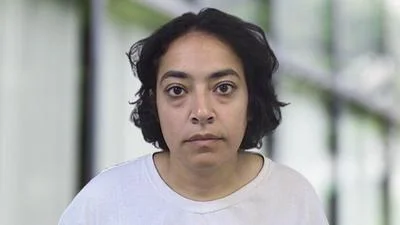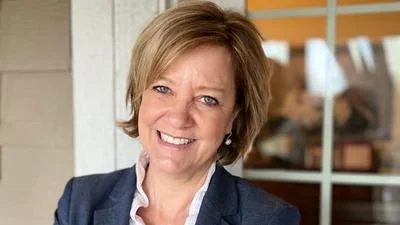Ann & Robert H. Lurie Children's Hospital of Chicago issued the following announcement on Nov. 29.
Though Hesitancy to Vaccinate Highest in Chicago Communities Most Seriously Affected by Pandemic
As the nation prepares for COVID-19 vaccines to become available, a majority of Chicago parents are inclined to get their children vaccinated against the coronavirus. The survey conducted by Ann & Robert H. Lurie Children’s Hospital of Chicago found that nearly 7 in 10 parents said they would want the vaccine for themselves and their children, if available in the future.
Projections about who is willing to be vaccinated against COVID-19 are helpful in planning how to promote public acceptance of a safe COVID-19 vaccine. One or more vaccines are expected to be widely available in the coming months. One of the COVID-19 vaccines currently under consideration by the US Food and Drug Administration has been tested in children as young as 12 years old.
Overall, 49 percent of survey respondents said they were “very likely” to vaccinate their children, 19 percent said they were “somewhat likely,” 16 percent said they were “not likely,” and another 16 percent said they were “not sure.” These rates were identical to the rates for Chicago parents’ intentions to get vaccinated themselves. The survey took place from May-July 2020, when COVID-19 vaccines were being developed and tested but none were yet approved for use. Findings about Chicago parents’ intentions to vaccinate were similar to results about COVID-19 vaccine acceptance among adults from other studies conducted on a national level.
“Getting children vaccinated has implications for individual health and the health of the community. This study comes at a critical time and indicates where we need to focus to encourage acceptance of a vaccine after it is found to be safe and effective,” says Matthew M. Davis, MD, MAPP, Chair of the Department of Medicine at Lurie Children’s, Executive Vice-President and Chief Community Health Transformation Officer at the Patrick M. Magoon Institute for Healthy Communities at Lurie Children’s, and Chair of Pediatrics at Northwestern University Feinberg School of Medicine.
Non-Latinx Black parents were the least likely to say that they were very likely to have their children vaccinated (28 percent), followed by Latinx parents (45 percent). In Chicago, Black and Latinx populations have experienced higher rates of COVID-19 infections and mortality than other race/ethnicity groups. Our previously released data also indicated that parents in Black and Latinx communities have substantially higher concern about COVID-19 for their families. Therefore, hesitancy for parents and their children to be vaccinated against COVID-19 in these groups seems connected to general concerns about vaccination efforts. Such concerns must be addressed effectively in order to encourage parents to vaccinate themselves and their children against coronavirus.
The study also found strong associations between parent educational level, parent age and the likelihood of parents vaccinating their children. Parents with a college degree, and older parents, were significantly more likely than comparison groups to have their children vaccinated. Parents who were very likely to vaccinate their children also reported strong confidence in their pediatrician’s guidance.
Survey findings are based on data from a recently launched survey project called the Voices of Child Health in Chicago Parent Panel Survey. The survey is conducted exclusively by NORC at the University of Chicago for Lurie Children’s, and is administered to Chicago parents three times each year via internet and telephone surveys. The sample consists of 1,642 Chicago parents from all 77 community areas in Chicago, and is weighted to be representative of households with children across the city.
Original source can be found here.





 Alerts Sign-up
Alerts Sign-up